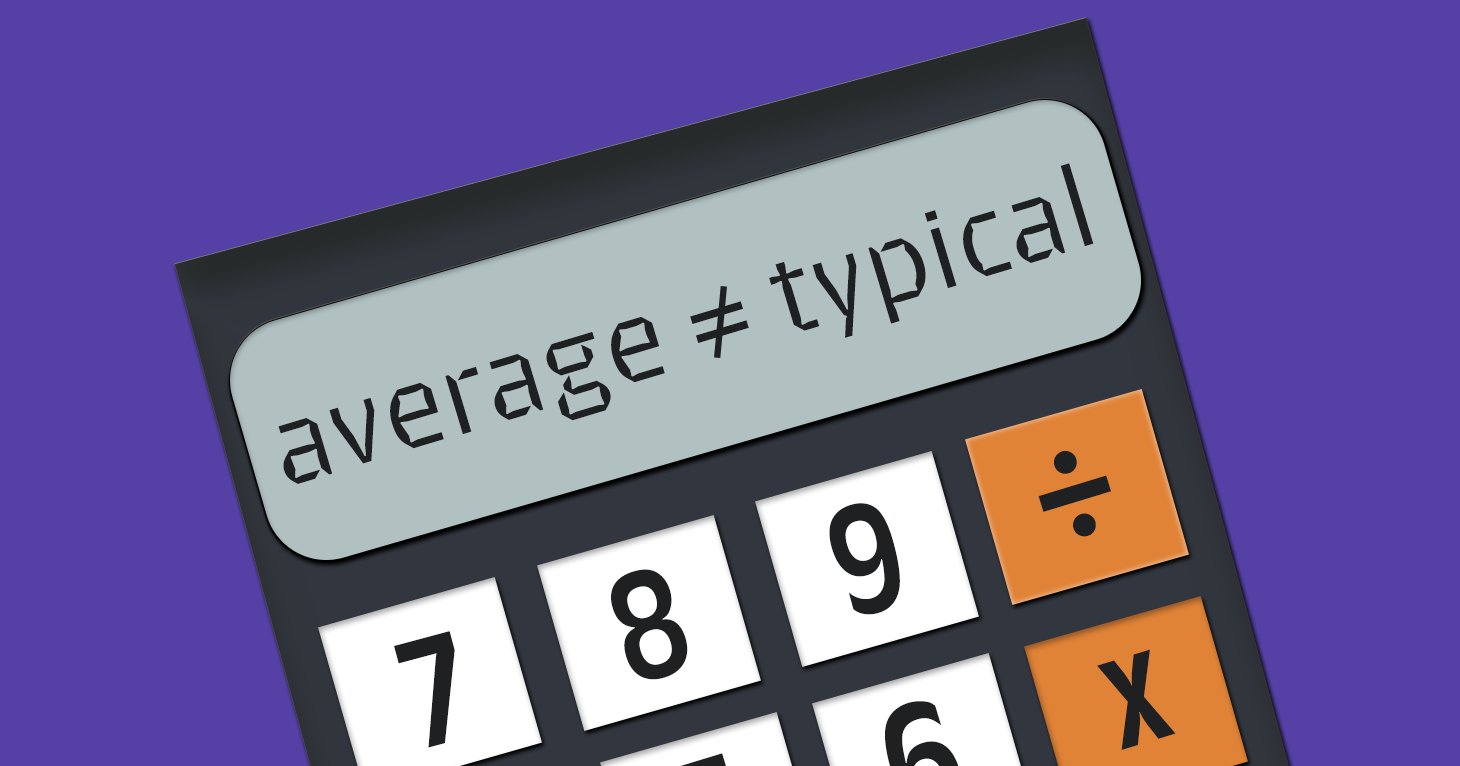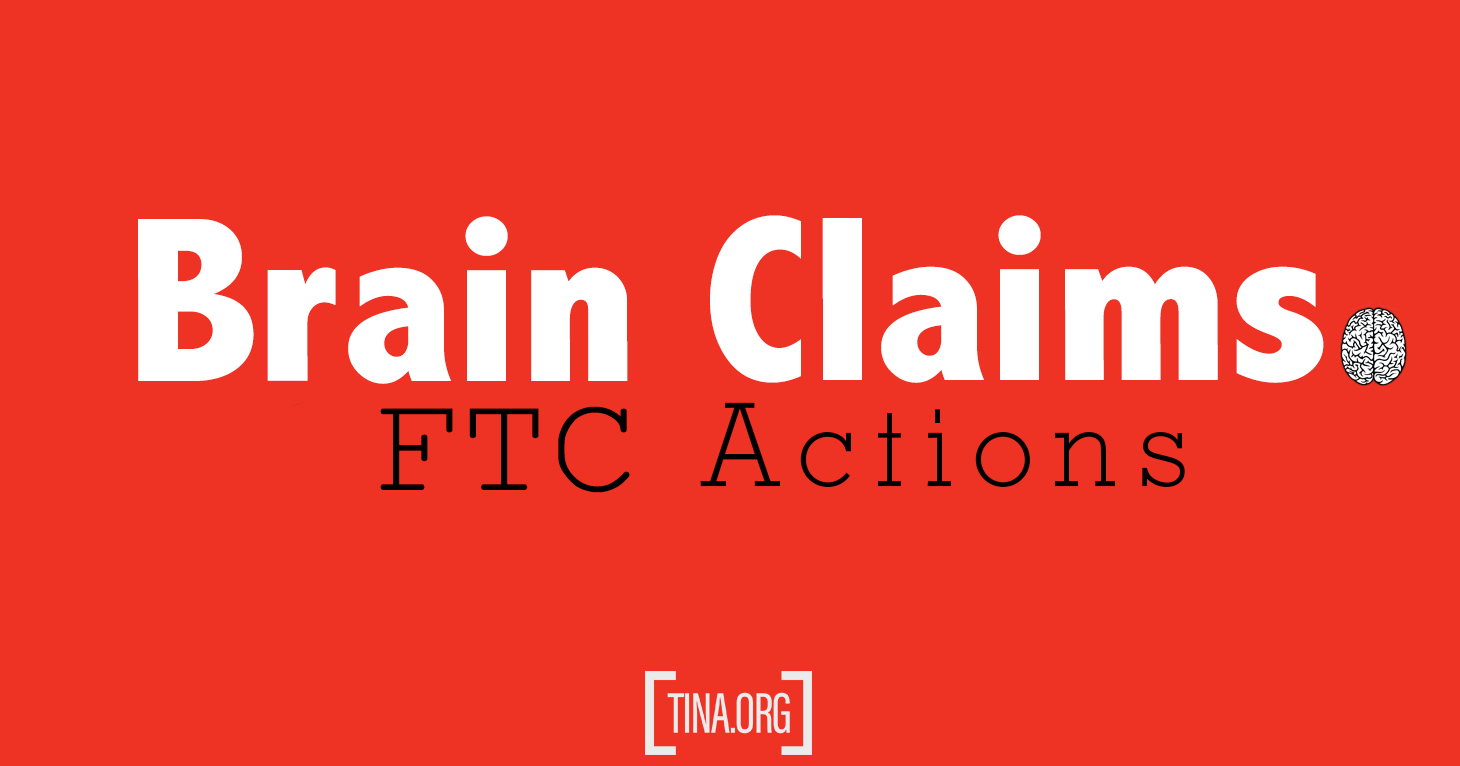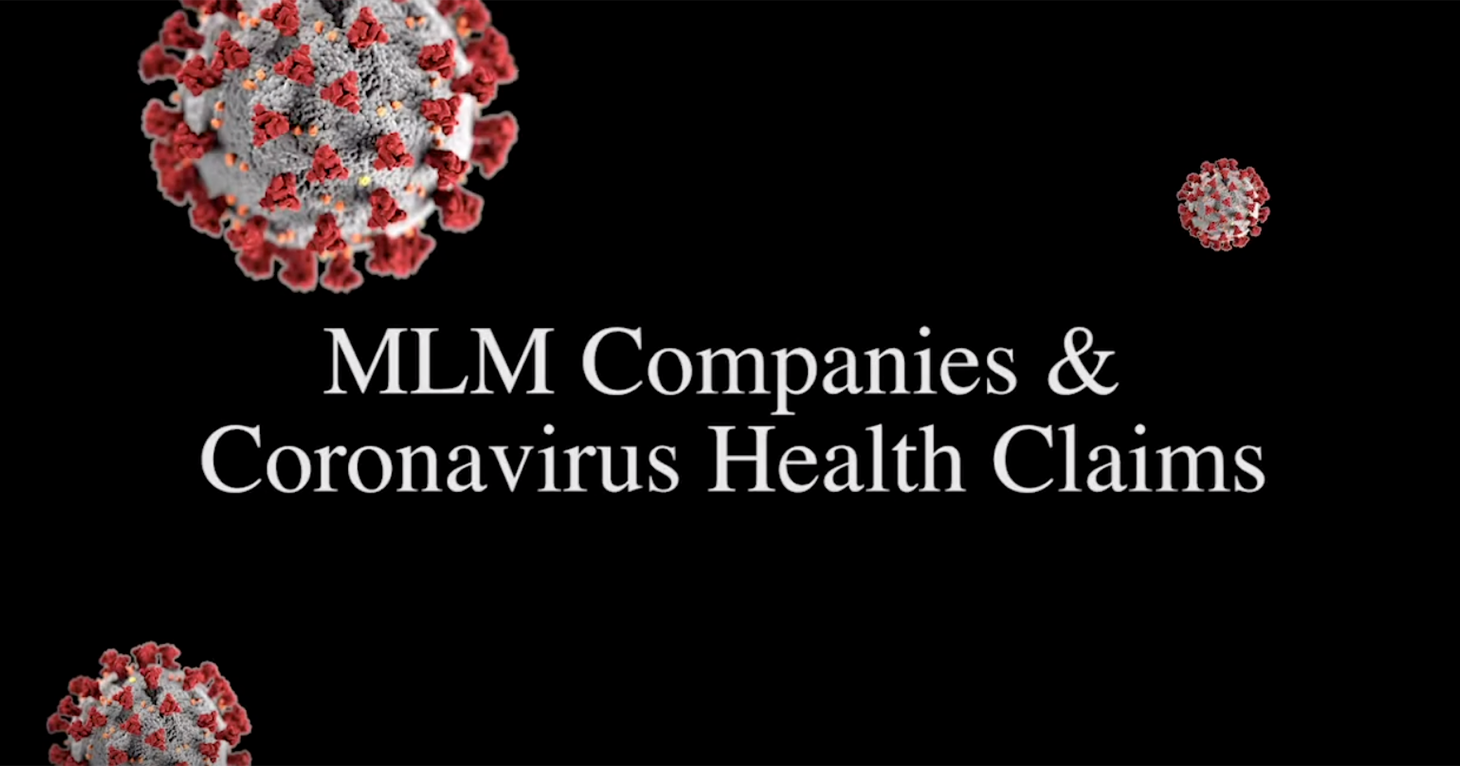
Neora/Nerium
TINA.org investigated Neora, formerly known as Nerium International, a Texas-based multilevel marketing company that sells a line of skin care products, as well as supplements, and found that the company…
June 2020: The district court case was voluntarily dismissed pursuant to the terms of a confidential settlement agreement.
December 2019: The appeal was dismissed for lack of jurisdiction.
September 2019: The named plaintiffs filed a Notice of Appeal regarding the September 2018 and August 2019 court orders. (Case No. 19-11048, 5th Cir.)
August 2019: A federal judge reopened the case and clarified that the September 2018 order compelled arbitration on an individual basis. The case was stayed and administratively closed pending the outcome of arbitration.
September 2018: A federal judge granted the company’s motion to compel arbitration. The case was stayed and administratively closed pending the outcome of arbitration.
November 2017: This lawsuit was transferred to a court in Texas. (Jia et al v. Nerium, Case No. 17-cv-3057, N.D. Tex.)
August 2017: A class-action lawsuit was filed against Nerium International, a multilevel marketing company selling anti-aging products, as well as high-level executives, a top distributor, and 10 unknown co-conspirators, for allegedly operating an “illegal pyramid scheme.” The complaint (which was later amended in October and December) also includes claims of fabricated before and after photos depicting the reduction of wrinkles, as well as illegal health claims made about its products, among other things. (Jia et al v. Nerium International, LLC et al, Case No. 17-cv-5686, C.D. Cal.)
For more information about TINA.org’s coverage of Nerium, click here.
TINA.org investigated Neora, formerly known as Nerium International, a Texas-based multilevel marketing company that sells a line of skin care products, as well as supplements, and found that the company…
Why the MLM industry should avoid the term.
Pyramid scheme experts explain how MLM income disclosures can be deceptive.
Since 1995, the FTC has brought nearly 70 actions over deceptive brain claims.
We have to make sure we’re not seen as “taking advantage of a crisis situation,” said DSA President Joe Mariano.




